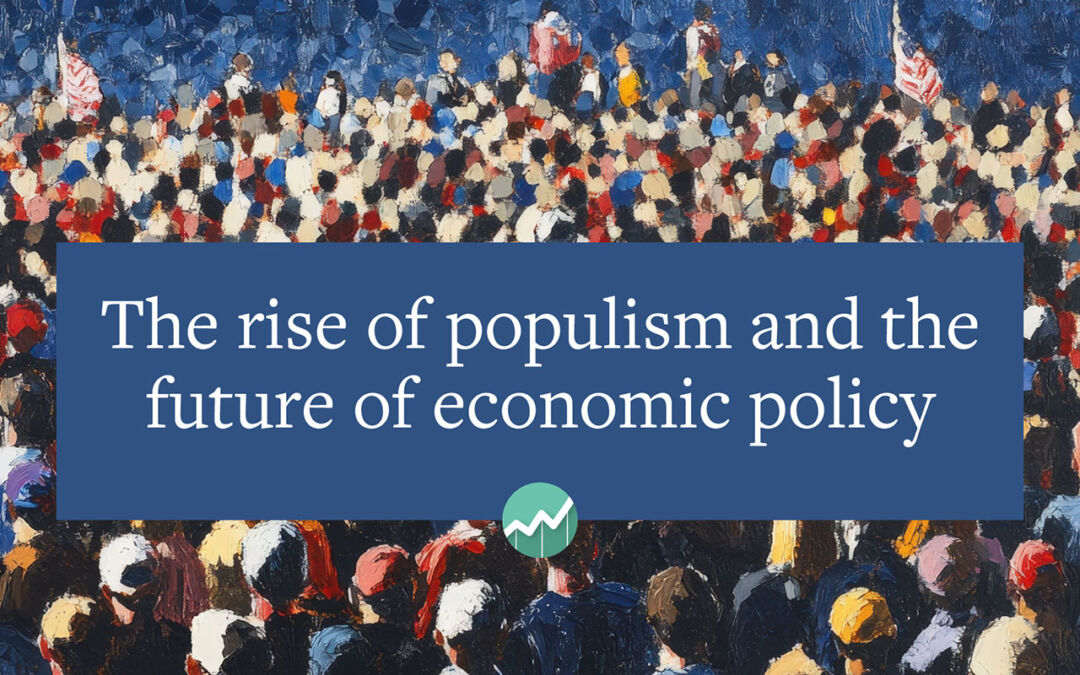The rise of populism and the future of economic policy

Around the world, voters are increasingly dissatisfied with the state of capitalism. In the United States and other rich democracies, economic policy in recent decades has produced more economic inequality, rising costs of essential goods and services such as housing, health care, and child care, greater financial insecurity, higher inequality across regions within countries, and declining job quality and stability.
At the same time, more and more working-class voters have been drawn to populist political views—particularly anti-democratic populism—that fuses exclusionary worldviews along with contempt for the underlying norms and institutions of liberal democracy. The rise of anti-democratic populism and candidates poses a significant threat to the health of democracy, both in the United States and abroad.
How should U.S. policymakers think about the connection between these trends in economic conditions and support for anti-democratic populism? And, in particular, what lessons should they draw for the design and implementation of economic policy in the coming years?
The Washington Center for Equitable Growth hosted a discussion with economists and political scientists who have studied these connections domestically and abroad. The event previewed a new series of essays that address the ways in which people have experienced economic policies over the past several decades and raised potential economic policy solutions. We began to chart a future course for U.S. economic policy that is not just narrowly focused on broad economic outcomes but also is attuned to the ways in which the social disruptions from decades of poor economic management have had profound political consequences—consequences that threaten democracy in the United States and around the world.
Watch video from the event:
Welcome and Keynote by Hon. Sherrod Brown, former U.S. Senator
Keynote by Sara Nelson and the Fireside Chat
Panel 1 – Diagnosing the Problem: What has caused the surge in economic populism?
Panel 2 – A path forward: Policies and practices that strengthen democracy and the economy
Related
Explore the Equitable Growth network of experts around the country and get answers to today's most pressing questions!










